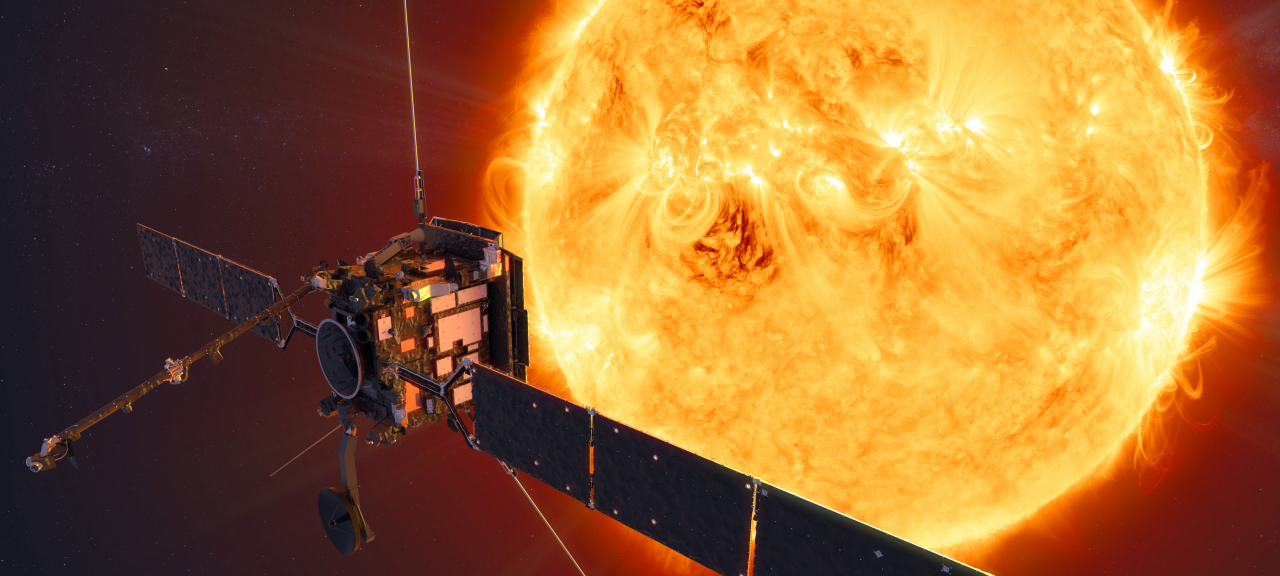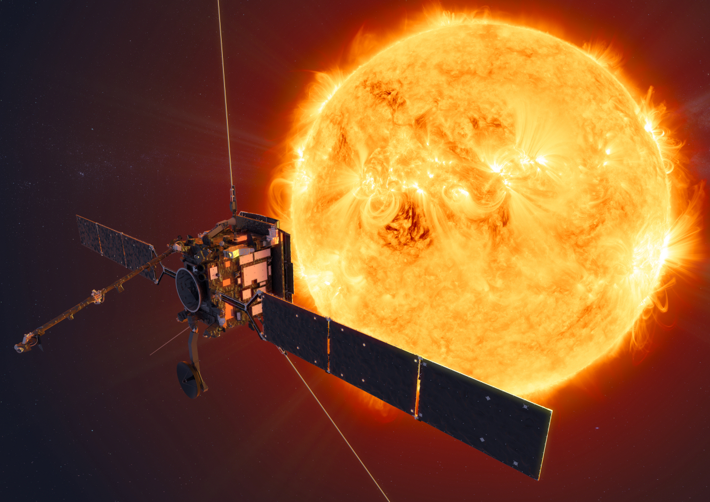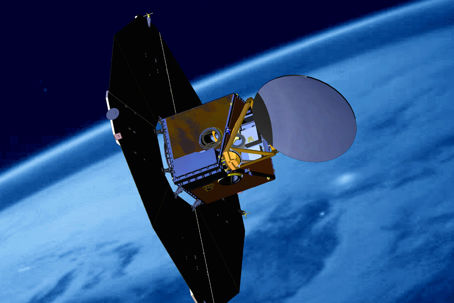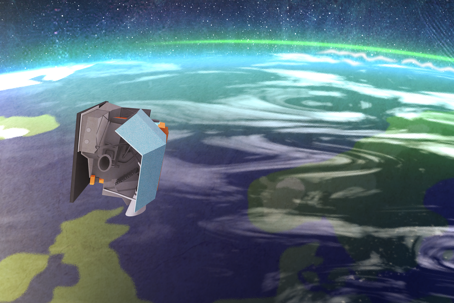
Swedish Space Industry

The Swedish space program is largely implemented in international cooperation, mainly within the framework of the European Space Agency, ESA. ESA promotes scientific and technological space cooperation in Europe by developing and implementing a long-term European space policy, developing European programs, coordinating member states' space programs and developing an industrial policy. ESA has 22 member states and Sweden has been involved since the start.
In addition to the compulsory basic and science program within ESA, where membership fees are based on the country's GDP, ESA is built up of voluntary programs that exist in a variety of areas, such as carrier rockets and earth observation. In voluntary programs, the countries themselves can decide how much money they want to invest and the countries mainly base their participation on social interest or expected industrial exchange. ESA applies a so-called juste retour system, which means that the money the member states invest in ESA goes back to their respective countries. Sweden's contribution to ESA returns to Sweden in the form of industrial contracts, long-term knowledge building and access to international data and research results. Read more about ESA on the ESA website.
The ESA Business Incubation Center (Esa Bic) Sweden opened in December 2015 and is the Nordic region's first incubator for startup companies that use space data or develop space technology. The initiative is initiated by the SNSA, Vinnova and ESA. ESA BIC Sweden is coordinated by existing incubators from Luleå, Uppsala and Trollhättan.
A list of Swedish space companies can be found here.
Swedish Satellites
The Swedish National Space Agency has financed seven Swedish satellite projects, most of them performed in internationall cooperation. Those are Viking, Freja, Astrid 1, Astrid 2, Odin, Prisma and Mats.


